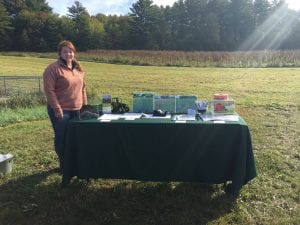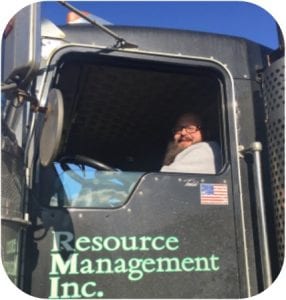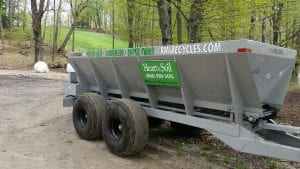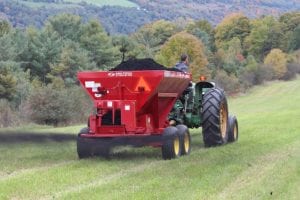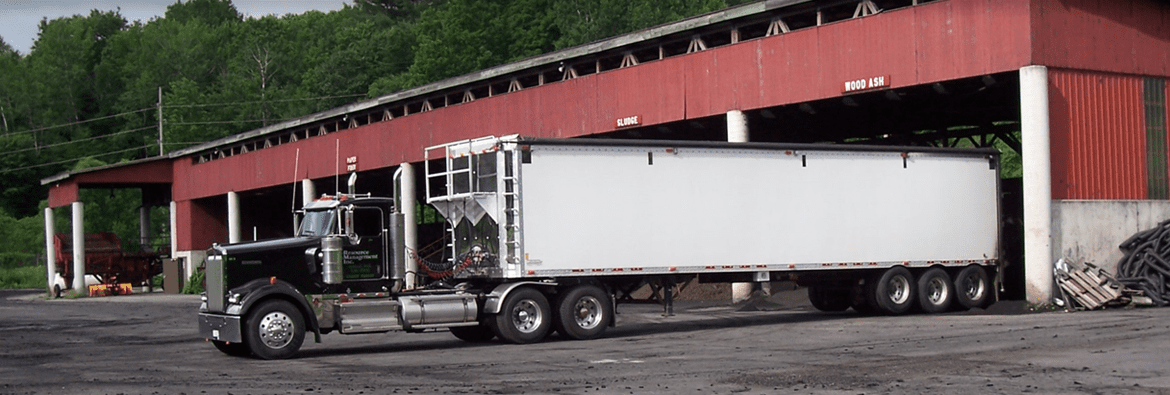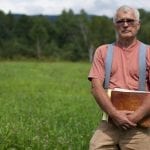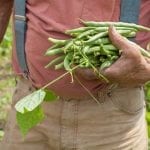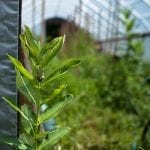Every year the New England Water Environment Association (NEWEA) recognizes either an engineering firm, a specific project, a municipality, or a specific municipal or industrial facility for their outstanding accomplishments in the field of biosolids management. This year, RMI President Shelagh Connelly was nominated for this Biosolids Management Award. Shelagh along with her partners Charley Hanson and Marty Riehs have been successfully operating RMI throughout the northeast since 1994. Shelagh is very active on the Government Affairs Committee for NEWEA and for NHWPCA, and assists with regulatory overview and legislative initiatives throughout the northeast on biosolids, wood ash and paper fiber initiatives. Shelagh lives and breathes biosolids management and will do anything that needs to be done in order to ensure continued legislative and community support for biosolids land application. From wastewater treatment plant tours for local high schools, presentations at colleges, public outreach at town hall meetings, to testifying before the legislature in NH and DC there is nothing Shelagh won’t do to promote and protect the land, the environment and the people she and her RMI Team serve.
Shelagh and the whole team at RMI is beyond honored to have been awarded this achievement and we can’t wait to see what 2018 has in store for us!
Thank you all for your continued support and for helping RMI build healthy soils!
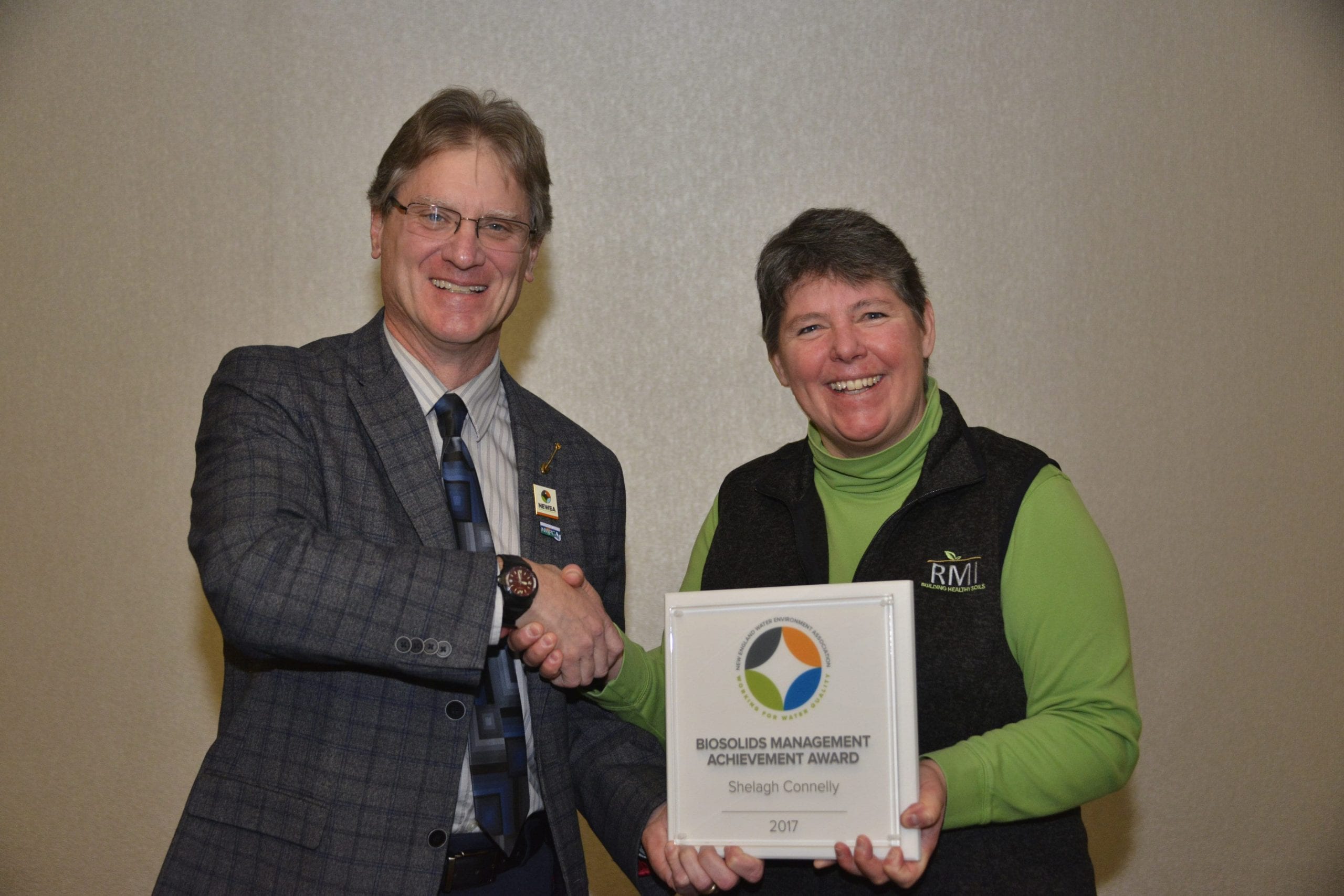
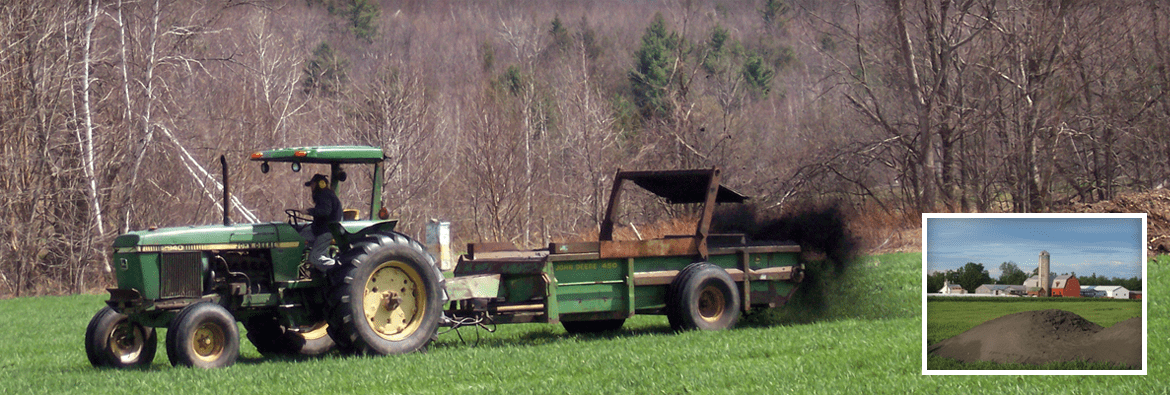
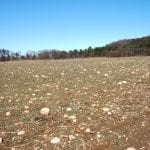
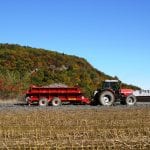
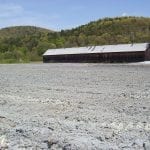
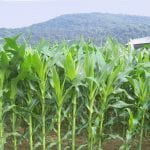
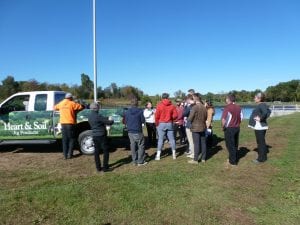
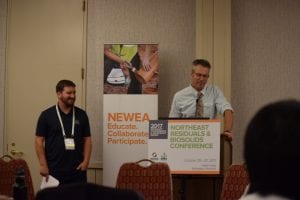 At the recent North East Biosolids and Residuals Association (NEBRA) Conference in Burlington, Vermont Mike Potash, RMI Certified Crop Advisor and Andrew Carpenter, RMI Consultant and owner of Northern Tilth, presented their research regarding hydrosolids, or water treatment residuals. Their research focuses on reducing plant-available phosphorous in agricultural soils by land applying hydrosolids. Four corn silage fields were selected for trials from farms in both NH and VT. All of these fields have a long history of using manure and/or biosolids as primary sources of soil fertility. After two years of applying hydrosolids and testing the soil regularly it was clear that the hydrosolids did play an important role in reducing plant-available phosphorous, which in turn will help protect water quality surrounding agricultural areas.
At the recent North East Biosolids and Residuals Association (NEBRA) Conference in Burlington, Vermont Mike Potash, RMI Certified Crop Advisor and Andrew Carpenter, RMI Consultant and owner of Northern Tilth, presented their research regarding hydrosolids, or water treatment residuals. Their research focuses on reducing plant-available phosphorous in agricultural soils by land applying hydrosolids. Four corn silage fields were selected for trials from farms in both NH and VT. All of these fields have a long history of using manure and/or biosolids as primary sources of soil fertility. After two years of applying hydrosolids and testing the soil regularly it was clear that the hydrosolids did play an important role in reducing plant-available phosphorous, which in turn will help protect water quality surrounding agricultural areas.